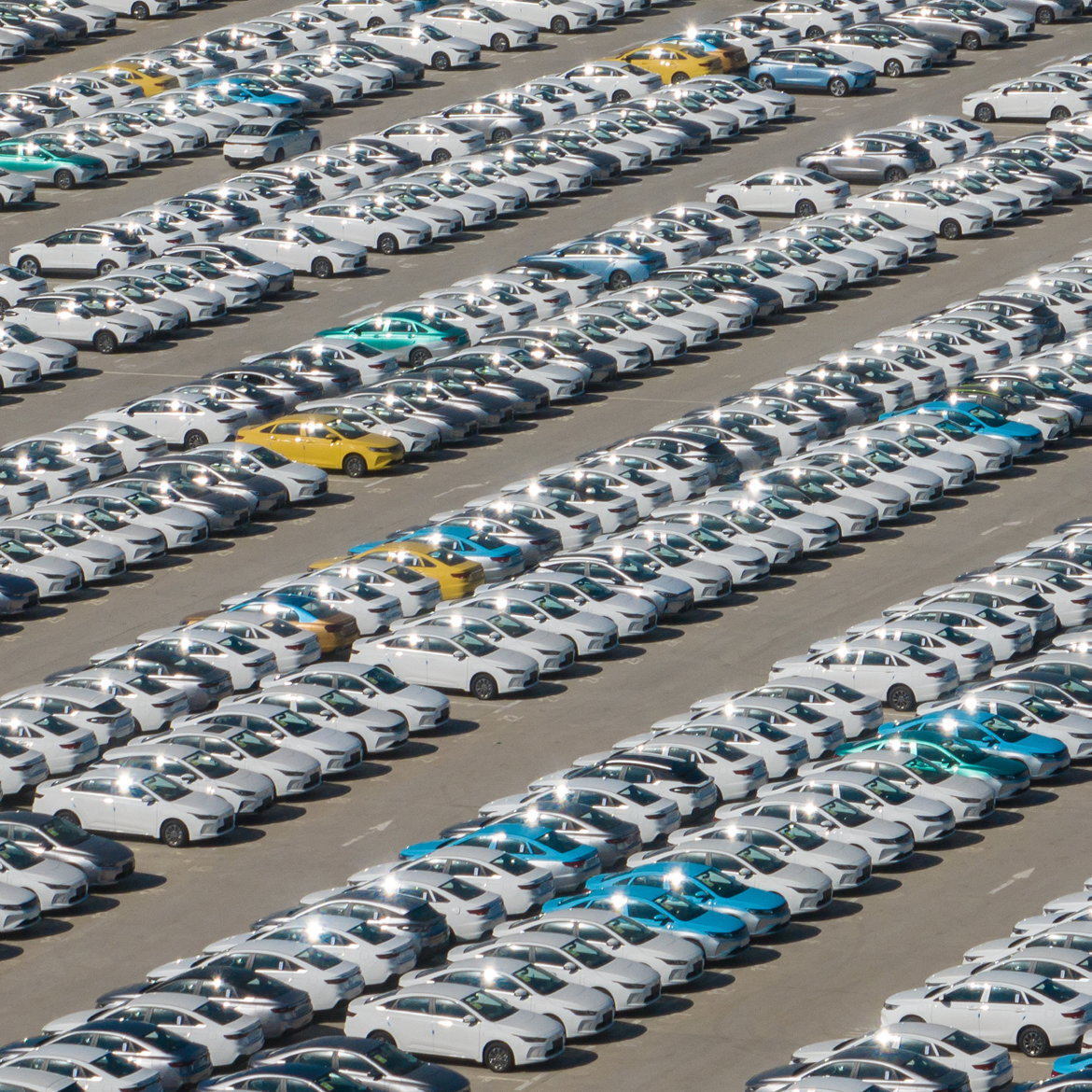Japan issued a major tsunami warning in three coastal prefectures after several earthquakes, including one of 7.6 magnitude, struck the country. Kishida Fumio, Japan’s prime minister, urged people living in affected areas to evacuate. A tsunami around one metre high has already hit parts of Ishikawa prefecture in Japan’s north-west, according to NHK, the national broadcaster.
Israel’s planes bombarded central Gaza while its troops fought ground battles in Khan Younis, a southern city. Israel also said it would withdraw some reservists from Gaza so they can “gather strength” for future operations. Binyamin Netanyahu, Israel’s prime minister, said his country’s war in Gaza will continue “for many more months” and vowed to take control of the border between the enclave and Egypt.
Ukraine launched air strikes on Donetsk, a Russian-held city in eastern Ukraine, killing four people and injuring 14, according to Russian-installed officials. Ukrainian authorities said Russian drones attacked Odessa, Ukraine’s largest port, killing at least one person. Earlier, Russia hit Kyiv with drone strikes and Ukraine shelled Belgorod, a Russian city near the Ukrainian border. Russia’s defence ministry said that the attacks “would not go unpunished”.
Two weeks before Taiwan’s presidential election China’s leader, Xi Jinping, declared that the island’s “reunification” with the mainland was “inevitable”. In a debate among presidential candidates on Sunday, Lai Ching-te, the front-runner, said he was willing to “conduct exchanges and co-operation with China”. Tsai Ing-wen, the current president, said on Monday that relations with China should be decided by the “will of Taiwan's people”.
A global minimum tax on multinational companies came into force in several countries. It is the product of a deal struck in 2021 by more than 130 countries decreeing that no big firm should pay tax at a rate lower than 15%. Countries may collect “top-up” taxes from companies that make use of tax havens. The OECD, a club of mostly rich countries, says annual tax revenue could rise by $220bn worldwide.
Maersk, a Danish shipping giant, again paused sailings through the Red Sea after Iran-backed Houthi rebels from Yemen attacked another of its container ships. Many shipping firms suspended routes through the sea in December; Maersk only resumed sailing on the 24th. On Saturday militants tried to hijack the Maersk Hangzhou; on Sunday American navy helicopters destroyed three of the Houthis’ attack vessels and killed ten militants.
The Indian Space Research Organisation launched XPoSat, a $30m satellite that will be used to study black holes. It is the second such mission after NASA launched a similar space observatory in 2021. India’s space agency has been expanding its ambitions. In August it successfully landed a spacecraft on the Moon—only the fourth country to do so.
Figure of the day: two, the number of male penguin parents it took to hatch an egg in Central Park—and launch a culture war in America. Read the full story.

2024 in preview: The decarbonisation of industrial activities
Greenhouse-gas emissions by heavy industry, which along with the power sector is the biggest global net emitter, have so far escaped serious regulation. That is because industry is difficult and expensive to decarbonise. But in 2024 the first shots of a “brown-to-green” revolution will be fired.
There are several reasons for the shift. First, technology is improving. Cement, for instance, can now be made with less “clinker” (a carbon-intensive input). Second is policy: 2024 will reveal if the EU’s effort to impose carbon border adjustment taxes will take hold. If it does, America may introduce a similar system. This would encourage companies around the world to decarbonise in order to retain access to big markets. Finally, there has been a shift in global finance. Many investors, in reaction to the excesses of “ESG” activism, which called on them to spurn legacy industries, are shifting to a more pragmatic approach. The decarbonisation of heavy industry will require trillions of dollars, but the wheels are turning at last.

2024 in preview: China will take the lead in the car industry
In 2024 China will become the world’s largest car exporter for the first time. Its lead in battery-making is crucial. Countries are promoting sales of electric vehicles and trying to eliminate carbon-dioxide-spewing combustion engines.
China’s government has been supporting electric-vehicle manufacturing and adoption for longer than its rivals. The majority of battery factories, existing and planned, are in China. Although China’s market share will drop slightly by 2030, Benchmark Mineral Intelligence, a firm of analysts, estimates that China will still have 69% of global battery-production capacity (enough to make 90m cars a year).
This is compared with just 14% (19m cars) each for Europe and America, which have only recently started to catch up thanks to new support from their governments. Subsidies mean they will probably have sufficient battery-production capacity to cover domestic demand for EVs by 2030. But no matter how much America and Europe spend, China’s battery dominance will last for the foreseeable future.

2024 in preview: Generative AI will go mainstream
In 2024 expect companies outside the technology sector to start adopting generative AI with the aim of cutting costs and boosting productivity. There are three reasons why AI will go mainstream.
First, large companies spent much of 2023 experimenting with generative AI. Plenty of firms are using it to write the first drafts of documents, from legal contracts to marketing material. Now they are planning to deploy it on a larger scale. Second, more AI products will hit the market. In 2023 venture-capital investors poured some $36bn into generative AI, more than twice as much as in 2022. The third reason is talent. Although AI gurus are still in high demand, the market is easing. A survey by McKinsey, a consultancy, reported that firms are finding it easier to hire for AI-related roles. But using the technology is not without risks. Managers worry about valuable data leaking out through AI tools. It will be data-savvy firms that benefit first.

2024 in preview: The fight to control the headset market
The most eagerly awaited gadget of 2024 is Apple’s Vision Pro, a sleek headset that combines virtual reality with “mixed reality”. It uses front-mounted cameras to show the user a live video-feed of the outside world, onto which computer graphics can be superimposed. Apple calls it the most ambitious product it has ever made. It will be competing for consumers’ attention with various rivals, chief among them Quest 3, a far cheaper headset sold by Meta.
But don’t expect any headset to take the world by storm just yet. Worldwide sales of video headgear will grow by a third in 2024, but will total only 18m units, forecasts Omdia, a market-research company. (Smartphone sales will exceed 1bn.) The thing to watch in 2024 is what developers find to do with the devices. Most people still have no strong reason to use headsets, which appeal mostly to gamers. But as programmers begin to play around with the Vision Pro, that could change.
'The World in Brief - with vocab.' 카테고리의 다른 글
| Jan 16 update (0) | 2024.01.16 |
|---|---|
| Jan 8 update (0) | 2024.01.08 |
| Dec 27 update (2023 year-end) (0) | 2023.12.27 |
| Dec 14 update (0) | 2023.12.14 |
| Nov 17 update (0) | 2023.11.17 |